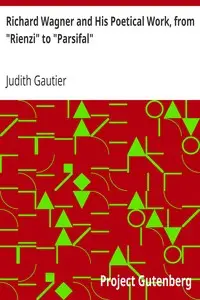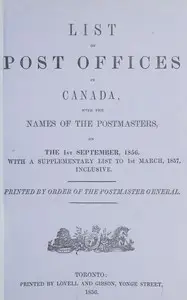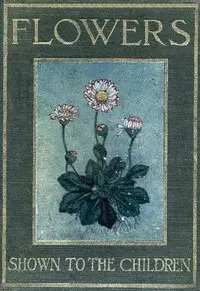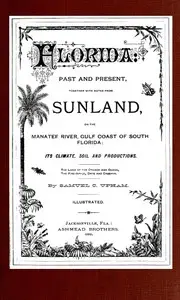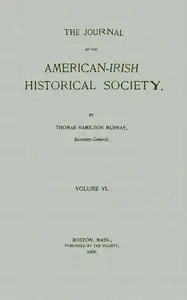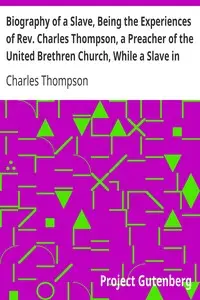"A True & Exact History of the Island of Barbados" by Richard Ligon is a historical account written in the mid-17th century. This work chronicles Ligon's experiences and observations during his travels to Barbados, offering insight into the island's geography, flora, and the sugar production process, alongside socio-political contexts. The narrative serves as both a personal account and a broader commentary on colonial endeavors, particularly in the Caribbean. The opening of the book presents Ligon's motivations for undertaking this journey, highlighting the circumstances that compelled him to leave England. He begins with his reflections while imprisoned, acknowledging a debt of gratitude towards a friend who encouraged him to document his observations of Barbados. Ligon describes the beauty of the island and its rich resources, introducing readers to both the natural landscape and the people he encounters. He paints a vivid picture of his voyage, touching on maritime details and the diverse marine life that captures his attention. Throughout this beginning, the tone blends curiosity with an earnest desire to inform and enlighten his readers about the island's potential for prosperity through sugar cultivation and trade. (This is an automatically generated summary.)
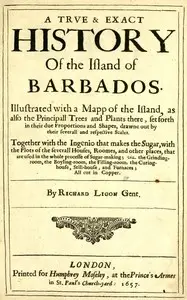
A true & exact history of the island of Barbados
By Richard Ligon
"A True & Exact History of the Island of Barbados" by Richard Ligon is a historical account written in the mid-17th century. This work chronicles Ligo...
Richard Ligon (1585?–1662), an English author, lost his fortune as a royalist during the English Civil War (1642-1651), and during this turbulent time in England he found himself, as he notes in his narrative, a "stranger in my own country.” On 14 June 1647, he left for Barbados to gain his fortune in the New World, like many of his fellow countrymen. Ligon purchased half of a sugar plantation in Barbados. After two years residence on the island he was attacked by a fever, and returned to England in 1650. He was soon afterward put into prison by his creditors. There are conflicting reports as to whether his narrative was conceived of in prison as a way to pay off his creditors and gain his freedom, or before his imprisonment at the urging of Brian Duppa, Bishop of Salisbury. His work, a folio with maps and illustrations, is entitled A True and Exact History of the Island of Barbados and was published in London in 1657 and again in 1673.


